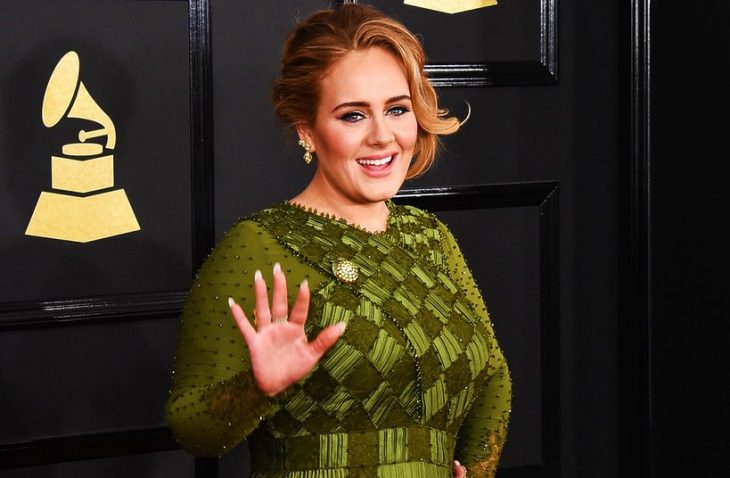 Celebrities, particularly female celebrities, are customarily criticized about their appearance in magazines and newspapers. While we generally don’t give much importance to those nasty headlines assuming they are trivial, little do we realize that the effects of such comments can extend well beyond the targeted person and ripple through the population at large.
Celebrities, particularly female celebrities, are customarily criticized about their appearance in magazines and newspapers. While we generally don’t give much importance to those nasty headlines assuming they are trivial, little do we realize that the effects of such comments can extend well beyond the targeted person and ripple through the population at large.
A recent research published in Personality and Social Psychology Bulletin, a journal of the Society for Personality and Social Psychology, has shown that fat shaming celebrities may negatively impact all women’s body image or their attitude about their body.
Psychologists from McGill University in Montreal, Quebec, Canada used data collected from more than 93,000 women, predominantly from North America, between 2004 to 2015 and compared 20 instances of celebrity fat shaming with women’s implicit attitudes about weight two weeks before and two weeks after each celebrity fat-shaming event. The investigators found that there was an association between instances of celebrity fat shaming and an increase in women’s implicit negative weight-related attitudes. The fat-shaming events led to a spike in women’s implicit anti-fat attitudes, with more “notorious” events producing greater spikes. Besides, the researchers also found that implicit weight-bias was on the rise more generally.
“Fat shaming is socially acceptable and it’s so common we don’t know how pervasive it is. No one even bats an eyelash at it or thinks about how terrible it is for that person. But the consequences affect more than just the target of fat shaming,” said Amanda Ravary, a Ph.D. student at McGill University and the lead author of the study.
Jennifer Bartz, the study’s senior author and an associate professor of psychology at McGill University explained, “When you look at a headline and think, ‘This is terrible,’ that is your explicit attitude. Implicit attitude is whether you think something is good or bad.”
 Explicit attitudes are those, which people consciously endorse and which are often susceptible to concerns about social desirability and presenting oneself in the most positive light. By contrast, implicit attitudes, around which this investigation also revolved, indicate people’s split-second gut-level reactions that something is inherently good or bad. Implicit attitudes are generally believed to be developed over a lifetime. “We constantly receive messages that things are good or bad, and the more we hear them, the stronger the association is,” Bartz explained. “These cultural messages appeared to augment women’s gut-level feeling that ‘thin’ is good and ‘fat’ is bad. These media messages can leave a private trace in people’s minds,” she added.
Explicit attitudes are those, which people consciously endorse and which are often susceptible to concerns about social desirability and presenting oneself in the most positive light. By contrast, implicit attitudes, around which this investigation also revolved, indicate people’s split-second gut-level reactions that something is inherently good or bad. Implicit attitudes are generally believed to be developed over a lifetime. “We constantly receive messages that things are good or bad, and the more we hear them, the stronger the association is,” Bartz explained. “These cultural messages appeared to augment women’s gut-level feeling that ‘thin’ is good and ‘fat’ is bad. These media messages can leave a private trace in people’s minds,” she added.
The next step in this research will be to include lab research, which would enable the researchers to manipulate exposure to fat-shaming messages (vs. neutral messages) and gauge the effect of these messages on women’s implicit anti-fat attitudes. The lab research is likely to provide more direct proof of the causal role of these cultural cues in women’s implicit attitudes.
Also read
Choose Wisely: People Around You Affect Your Body Image
8 Ways to Build a Positive and Healthy Body Image

Reblogged this on By the Mighty Mumford and commented:
IT REALLY DOESN’T HELP US FAT GUYS, EITHER!
LikeLiked by 1 person
I agree fat shaming is harmful.
LikeLiked by 1 person